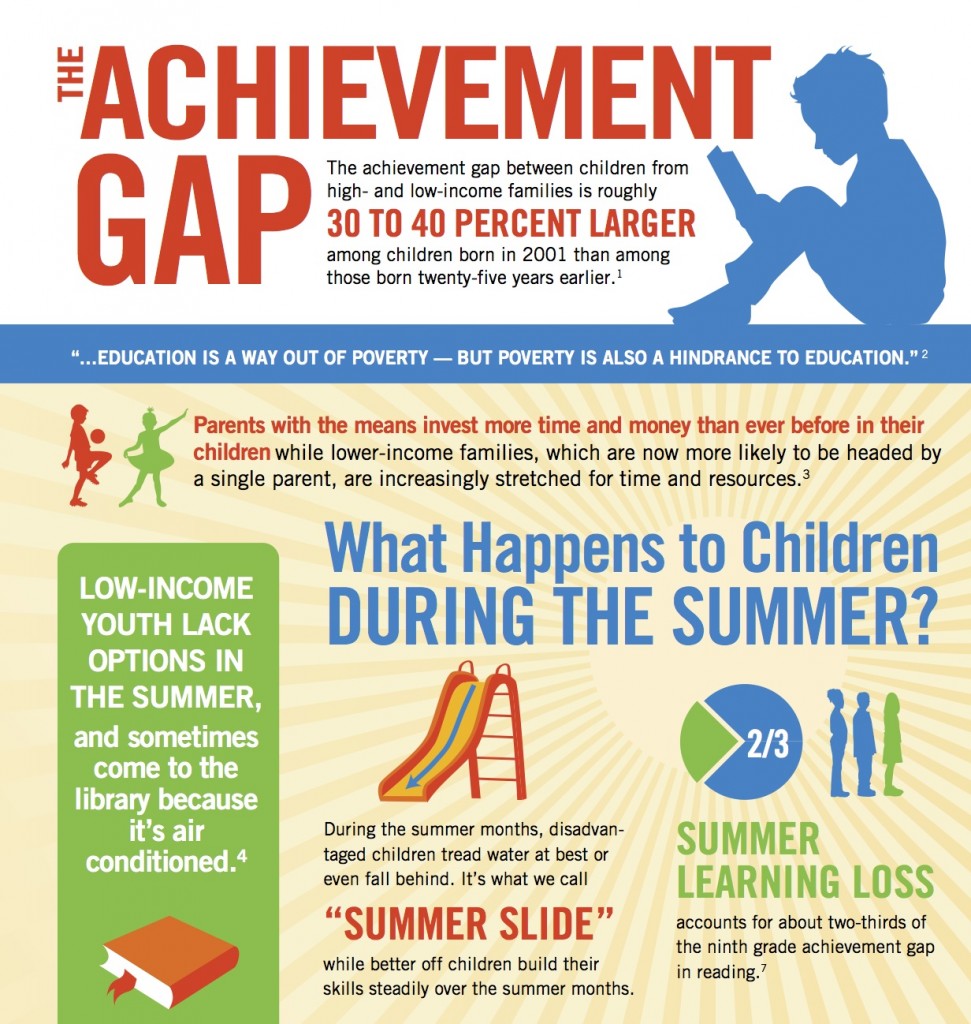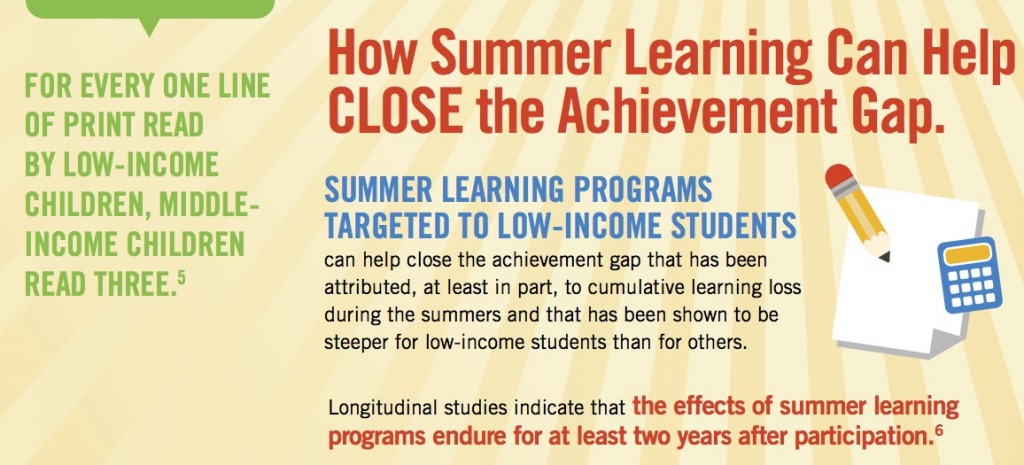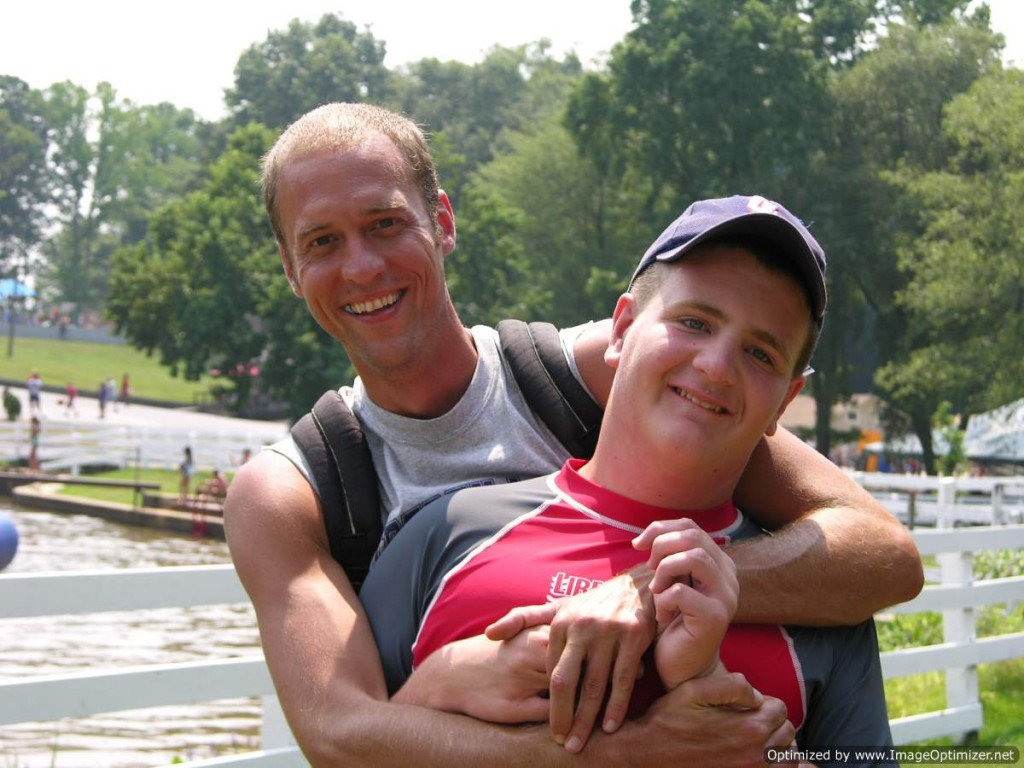What You Should Know About Extended Year Speech Therapy
While it’s great to have some time away from school and enjoy the summer fun, many children have an extended school year over the summer. This might include special services as well. Is your child receiving summer speech and language therapy services? Should they be? There is essential information you should know about extended year services that might help you answer this key question.
What are Extended Year Services?
According to Greatschools.org, extended year services are specialized education or related services that are uniquely designed to support individuals under IDEA in the free educational setting. This can include speech therapy, occupational therapy, and classroom time beyond the normal school year. It is not the same as “summer school” and students must qualify. According to IDEA, regulations define “extended school year services” as special education and related services that are provided to a child with a disability beyond the normal school year and in accordance with the IEP. This means your child’s goals will not change or amount of therapy over the summer.
Service providers, however, sometimes change as school staff do not always work an entire calendar year with some working during summers and others working during the school year. This is important to know because you might need to prepare your child ahead of time for this change and inform new staff about anything you’d like them to know about your child.
What Does a Student Need to Qualify?
To receive summer services, a student is evaluated by his or her school. Their eligibility is determined by their IEP team. It is often considered for children who are at risk for regression over the summer and would benefit from explicit instruction and therapy to maintain their skills into the next academic year. Many factors are at play when considering these services including the child’s needs, availability of services, their rate of progress and available structure and supports at home to name a few.
What Happens if My Child Doesn’t Qualify?
While we all want our students to become the masters of communication, not receiving services is potentially a good thing. It could mean the child is doing well and does not need the additional support. Adding structure to your summer plans might be good however, as many children thrive from scheduled and consistent environments. Consider summer camp options for children with special needs in addition to outside services at a private facility should your child need it. Some private facilities for therapeutic services also offer summer programming that might be beneficial in targeting certain areas of speech and language or other therapies (e.g., mastering handwriting or narratives).
Check out great resources for summer camps for children with special needs at Friendship circle and the National Dissemination Center for Children with Disabilities (NICHCY). [Update: the NICHCY lost its funding, but many of their web resources were taken over by the Center for Parent Information — check them out!]





